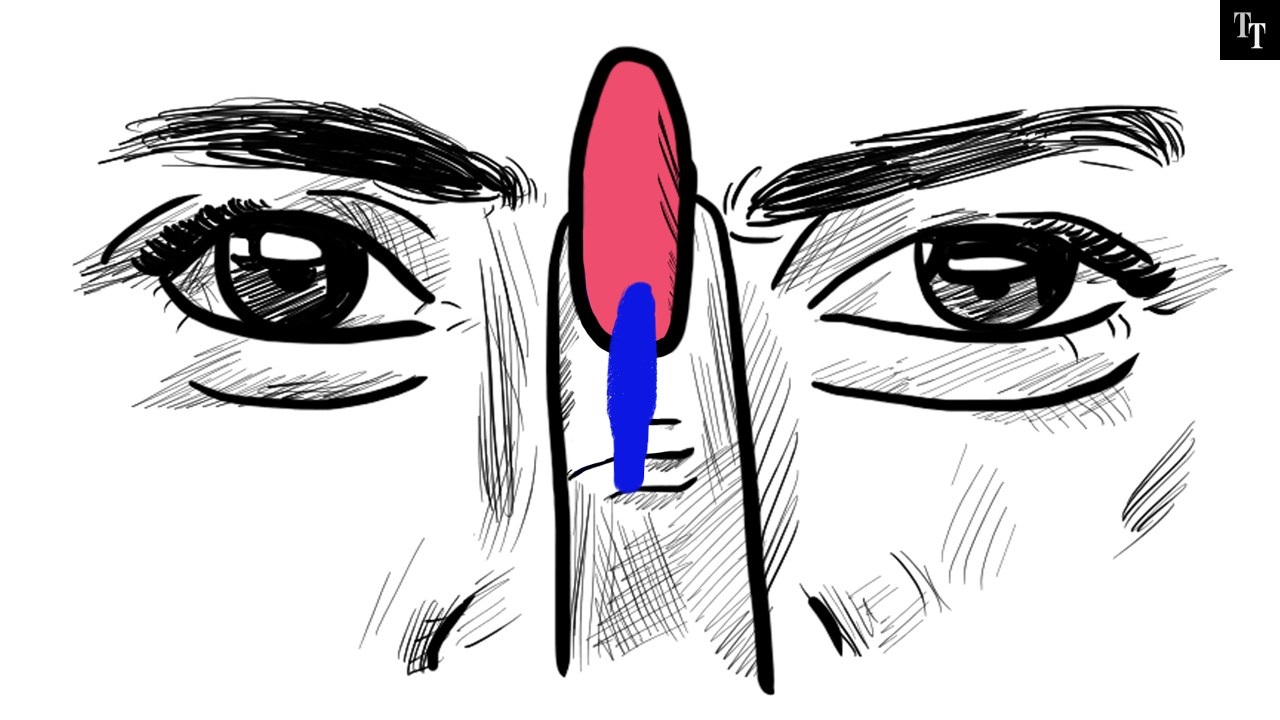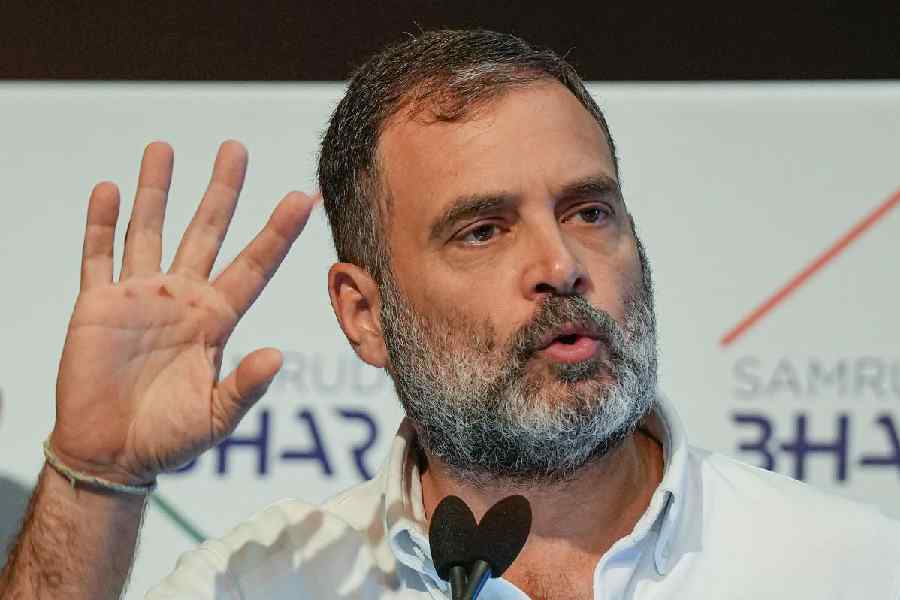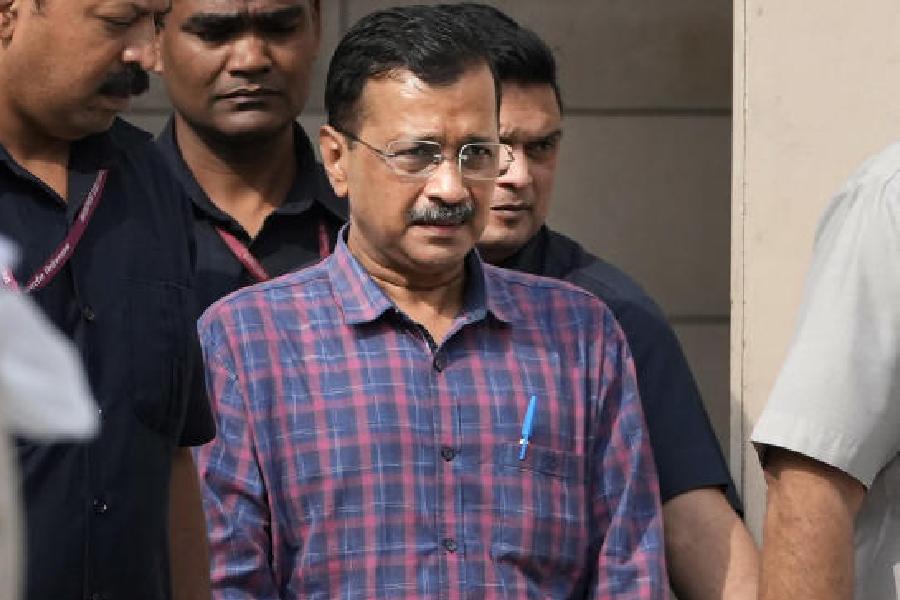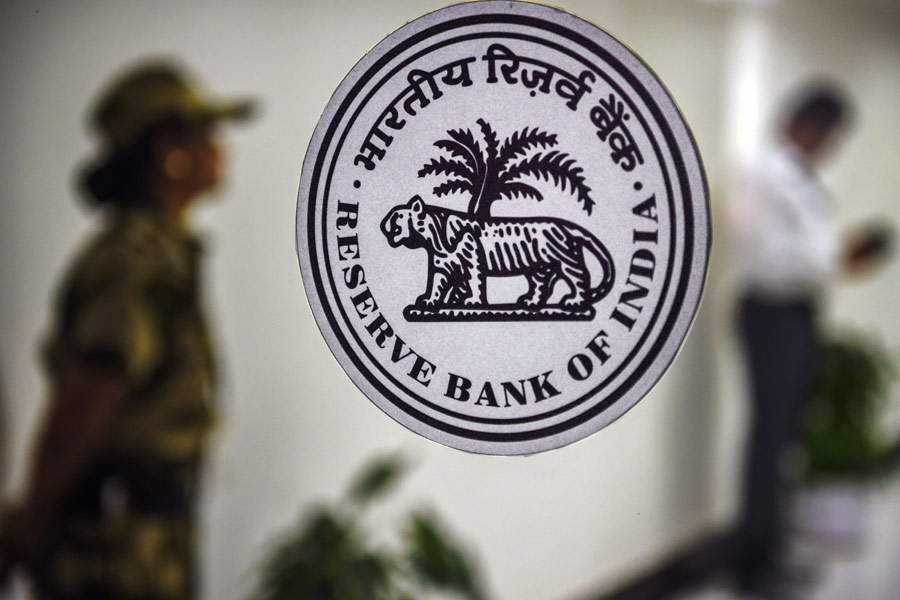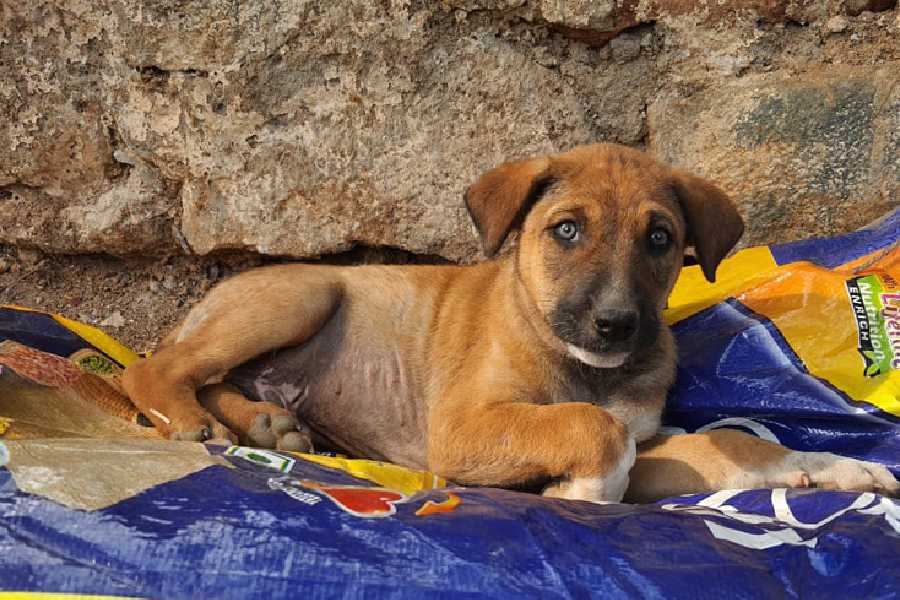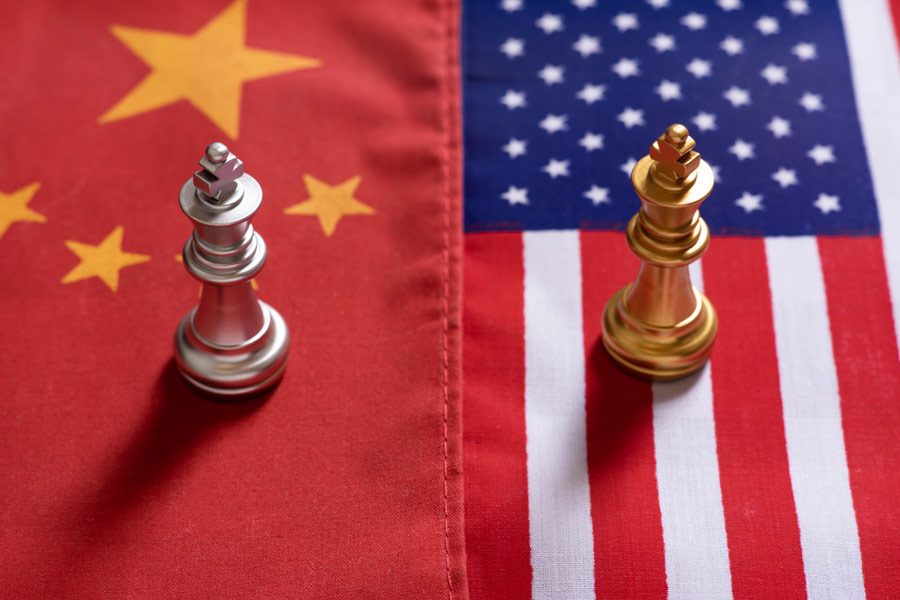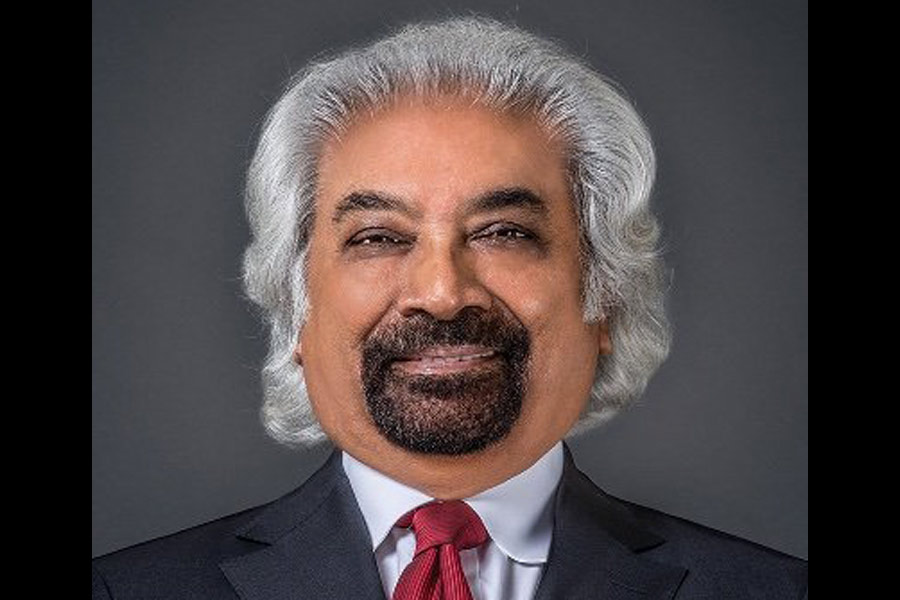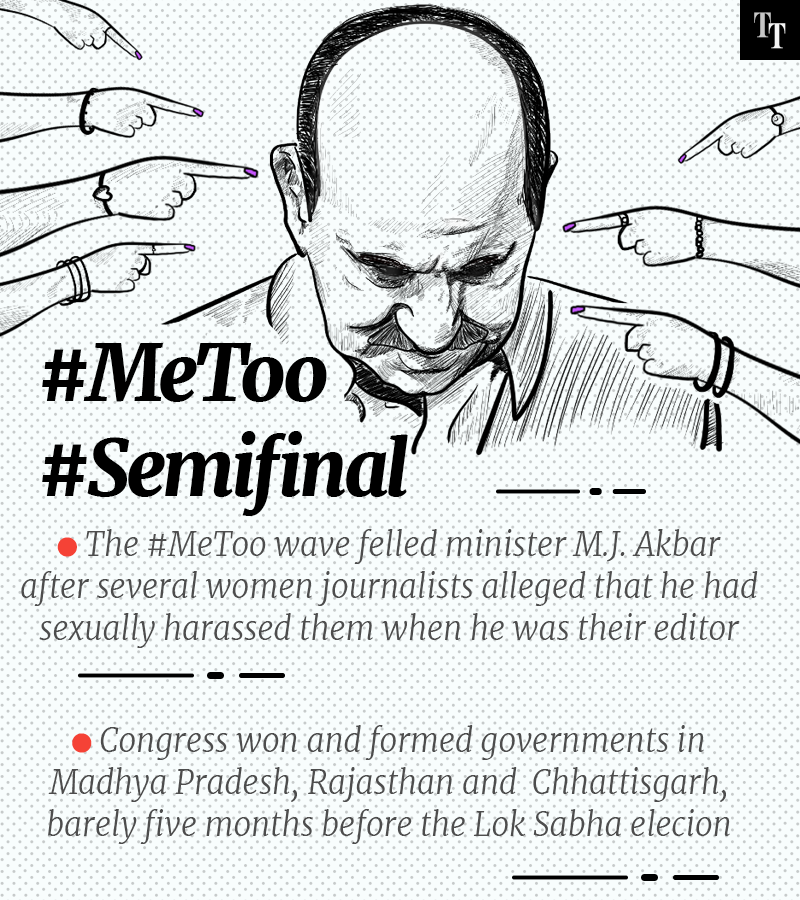
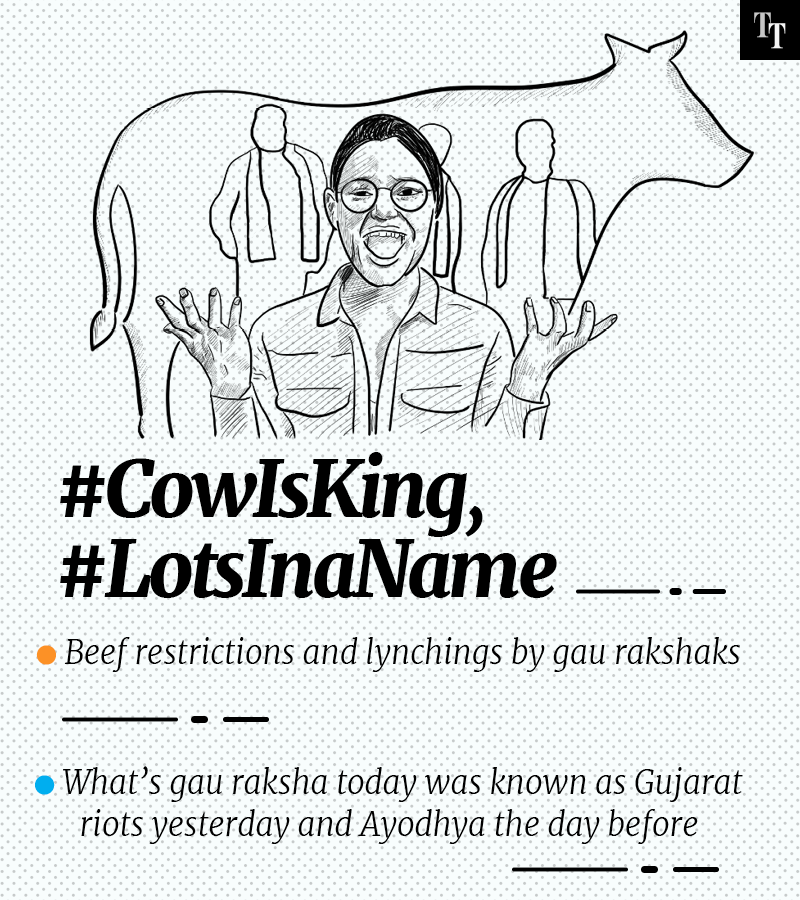
Demographic dividend cuts both ways. It brings young blood into a workforce, but also keeps altering a nation's collective memory of events.
For example, the political events that ring a bell for Indians born in the 1970s and '80s would be different from that of the country's youngest voter in 2019 — say, a girl in urban India who will turn 18 and vote for the first time in the coming general election. Let's call her Smriti.
She literally grew up with Facebook that was launched in 2004.
But, perhaps, equally important is the fact that Smriti was in a cradle when riots broke out in Gujarat in 2002 — a political event that many older Indians hold as significant because it continues to shape our politics.
By the time Smriti was in high school, Narendra Modi was the Prime Minister.
The points below make a broad sketch of India's youngest, urban woman voter. It is not an opinion poll.
Below each illustration is a short explanation of why these moments may or may not be important to Smriti before she votes.
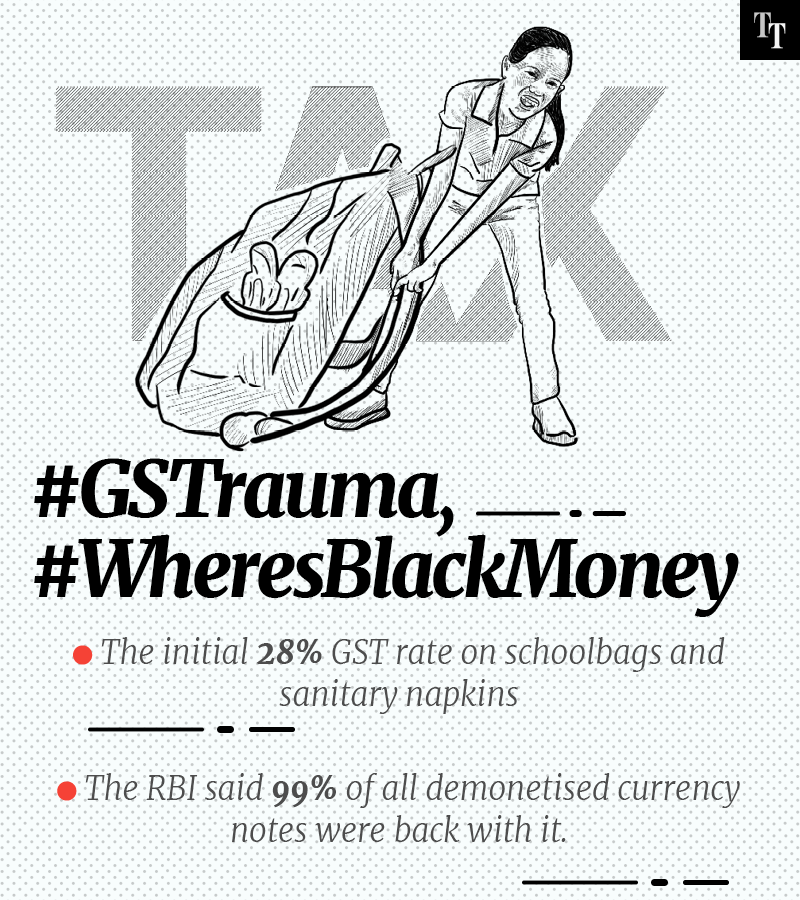
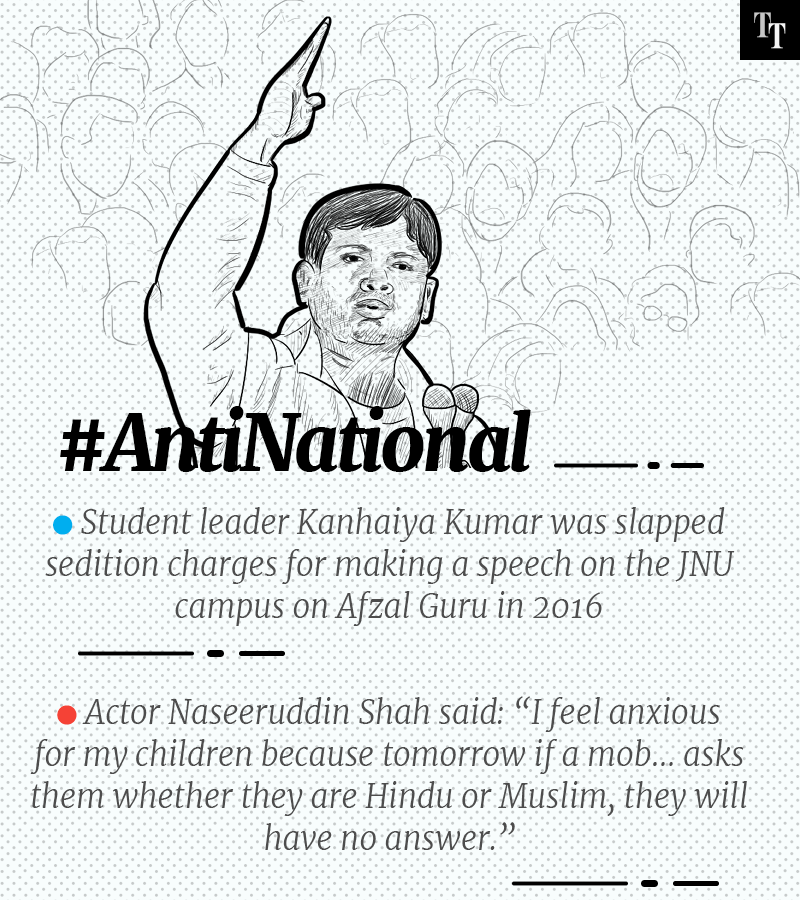
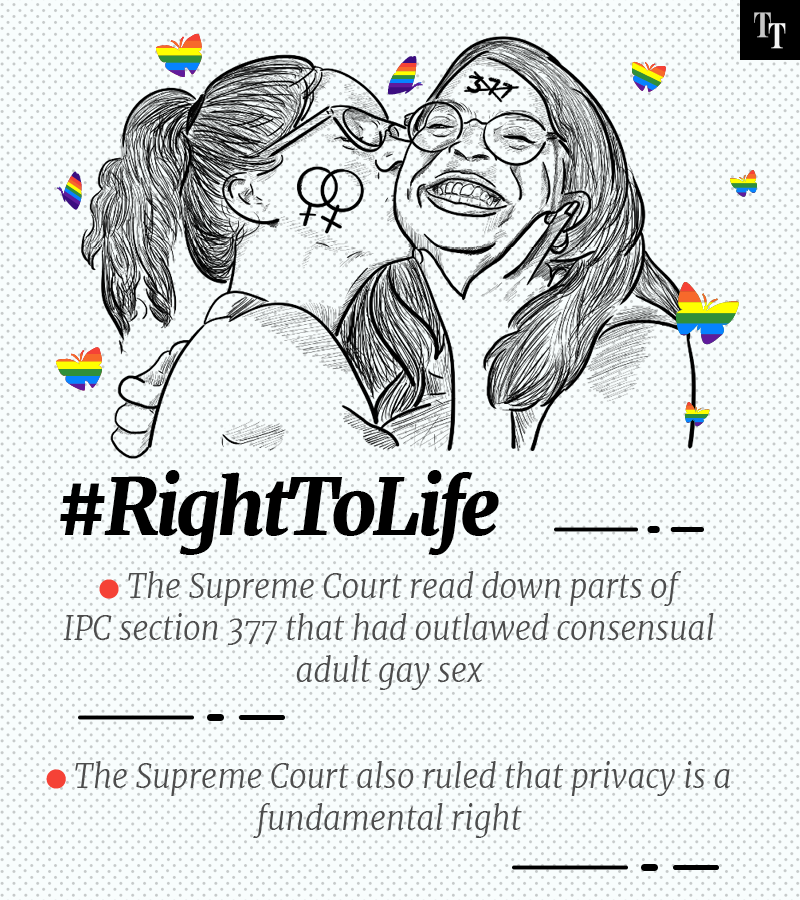
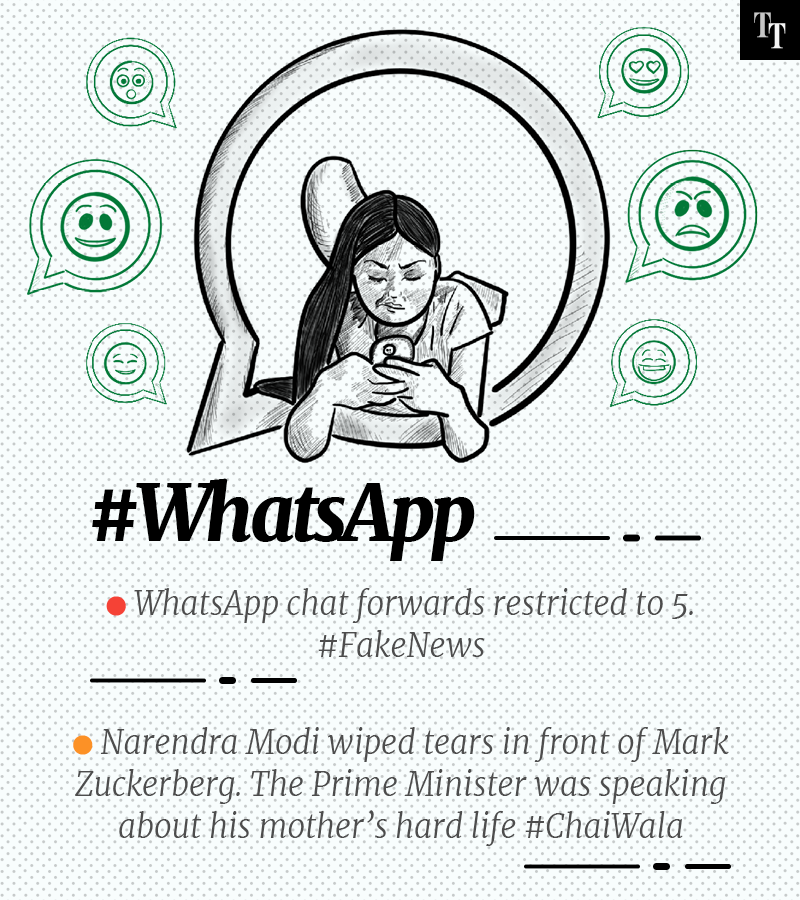
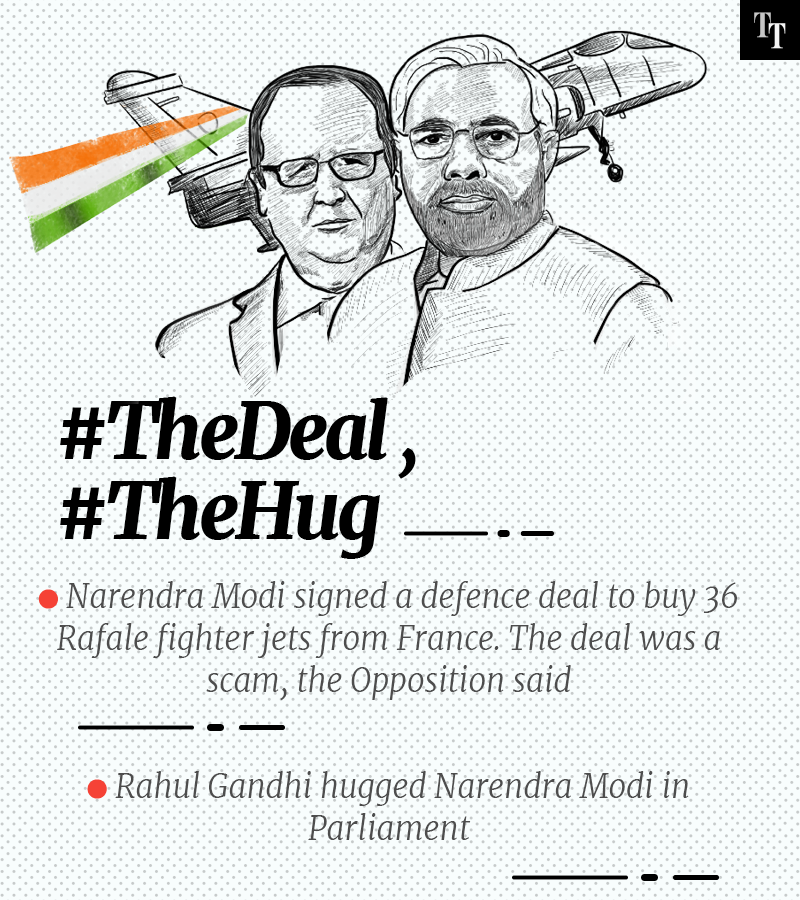
- WhatsApp limited the number of forwards to check the spread of fake news in 2018 after several reports of violence that traced their roots back to the chat app. In the broader social media space, vitriolic communal trolling targeting journalists and senior politicians has become a reality. WhatsApp's move directly affects communication for younger Indians.
- When the Indian Prime Minister was wiping his tears before Facebook co-founder Mark Zuckerberg in 2015, he was widely seen by his supporters as a man of humble beginnings who rose to become the country's leader. But today, his travel to 58 countries and the bill of Rs 2,021 crore at the expense of taxpayer's money is more in the news. The Facebook town hall moment is but one blip.
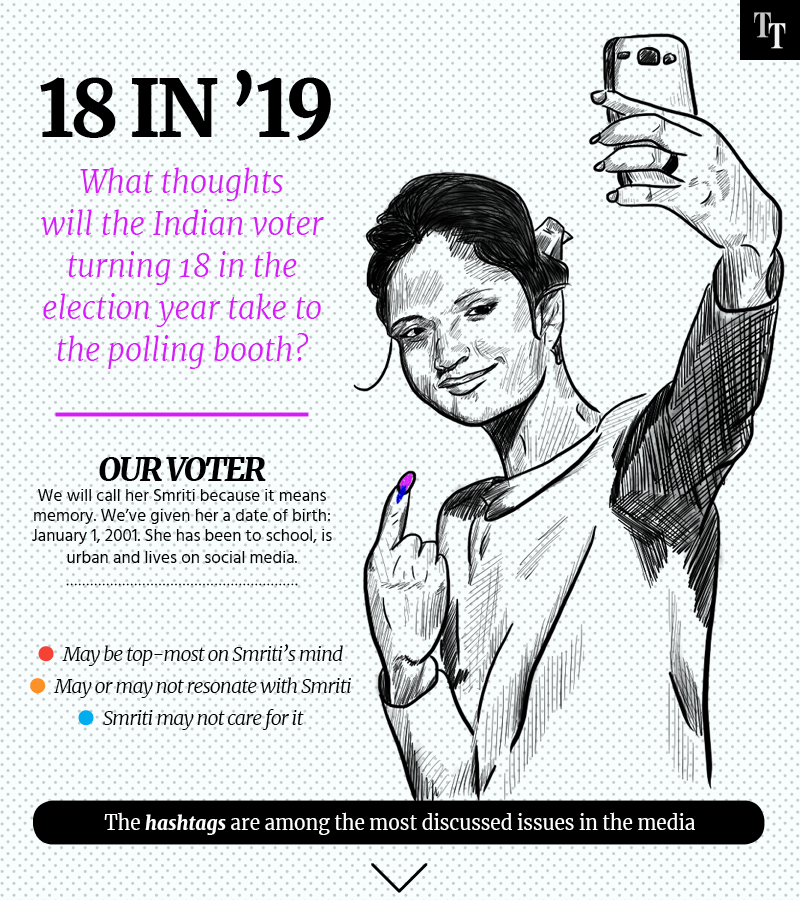
- Restrictions on eating beef may not affect a voter's eating choices if she is in Kerala, but it will if she is in Maharashtra. Such restrictions raise vital questions of privacy and choice. But would Smriti, whose life is out there on social media, see it as an issue of privacy? How would she weigh the choice of meat of a Muslim girl who was in her class? Would lynchings by cow vigilantes make her see the issue differently?
- When the communal riots broke out in Gujarat, Smriti was tiny. When kar sevaks stood atop the Babri Masjid dome and hammered it in Ayodhya on December 6,1992, she was not born. The pattern of stubbing out the choices of minorities through the decades, however, is clear.
- Social media, where Smriti is a native, is where she would have encountered M.J. Akbar's name and the #MeToo moment. On the cusp of adulthood, she would wonder about her life as a working woman.
- The semi-final election show before 2019 would be on any voter's mind.
- If Naseeruddin Shah's words meant anything to Smriti, then the Supreme Court ruling on the right to privacy and the reading down of IPC Section 377 would ring a bell for her.
- The sedition charge against Kanhaiya in 2016 was not the first proof of the BJP-led government's meddling on campuses. But it has had a lasting cascading effect in JNU and other higher education campuses in India. The vital question of freedom and choice will confront Smriti on a college campus. At 18, she would probably be a few steps away from her first day in college.
- Naseeruddin Shah is more recognisable than Kanhaiya. His words were different from Kanhaiya's, but the issue was the same — the urgency to have an inclusive space for debate, freedom and choice.
- The Rafale deal has become the biggest talking point. Smriti cannot escape its mention.
- Rahul's hug to Modi has become one of the political images that has endured. Part of the reason is because the Prime Minister keeps mentioning it to deride the Congress chief. But then he brings #TheHug back into public memory.
- The Goods and Services Tax (GST) has appeared as an issue in the Gujarat elections and in the polls in five states in November-December. The Centre has revised the tax slabs for many items. The GST on school bags and other school items has been brought down from 28 per cent to 18 per cent and sanitary napkins have been removed from the ambit of GST, a populist move that some sections have criticised because the materials going into making the pads still attract GST. But satchels and sanitary pads matter to a young woman stepping into college.
- The government has stopped mentioning demonetisation, but the Opposition has ensured it stays fresh in every voter's memory. The sledgehammer blow to India's economy seems to have yielded little good, but the feeling of shock has not left those who lived through it.
Text by Manashi Sengupta, illustrative graphics by Rahul Awasthi

